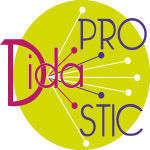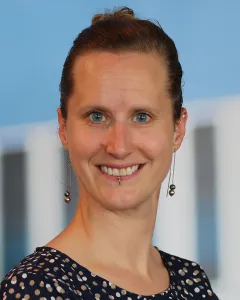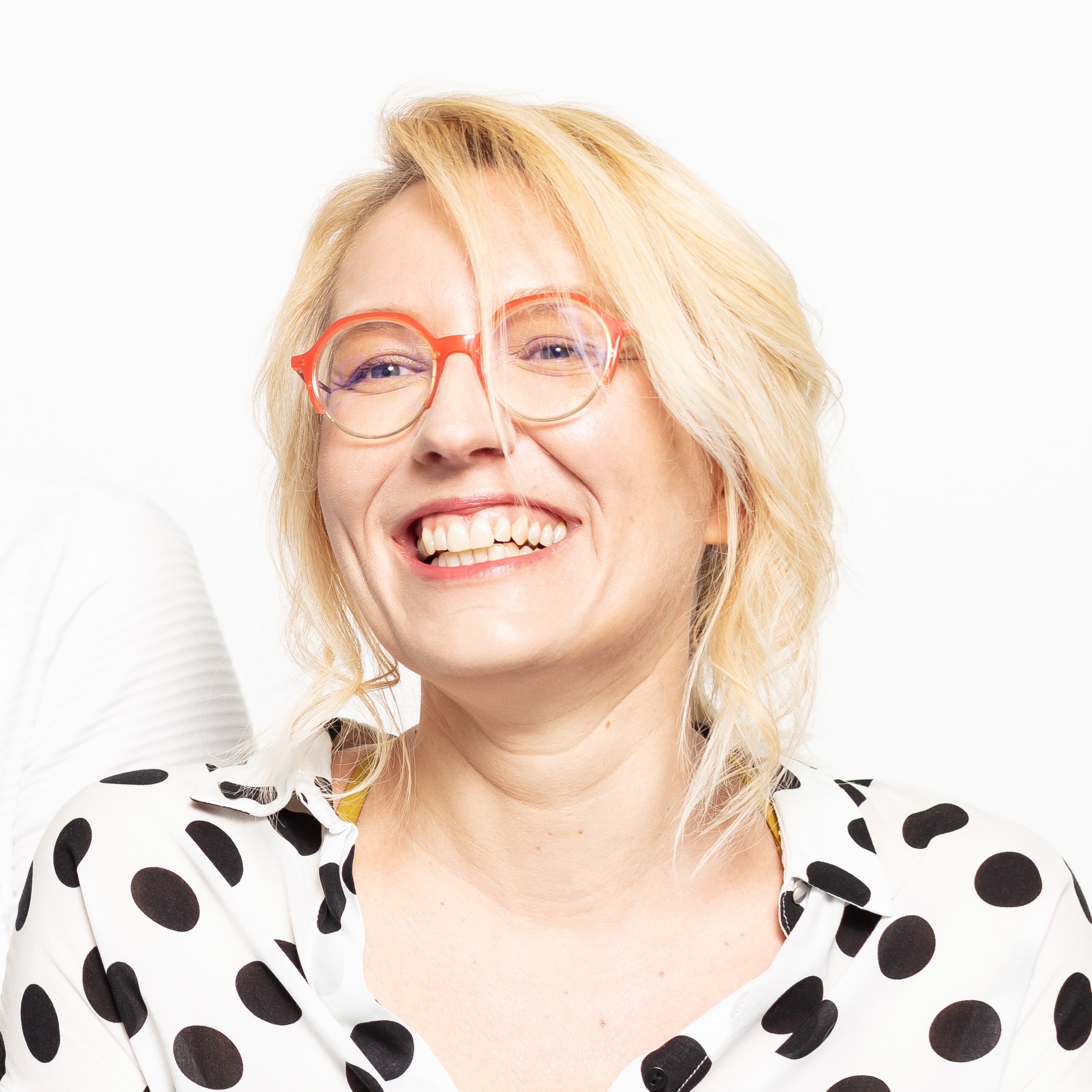Program > Keynote speakersKeynote SpeakersFelienne Hermans, professor of Computer Science Education at the Vrije Universiteit Amsterdam
Felienne is professor of Computer Science Education at the Vrije Universiteit Amsterdam. She also works as a high-school computer science teacher one day a week at Lyceum Kralingen in the Codasium program. Felienne is the creator of the Hedy programming language, a gradual and multi-lingual programming language designed for teaching. She is the author of “The Programmer’s Brain“, a book that helps programmers understand how their brain works and how to use it more effectively. In 2021, Felienne was awarded the Dutch Prize for ICT research. She also has a biweekly tech column on BNR, a Dutch radio station. Gradual Programming with Hedy (this keynote will be held in English) Hedy is a gradual programming language to make learning programming easier, using different language levels.
Gilles Dowek, INRIA researcher and professor at the École Normale de Paris-Saclay
Gilles Dowek is researcher at INRIA in formal methods and a professor affiliated with the École Normale Supérieure Paris-Saclay. Logician and computer scientist, he also received the Grand Prize for Philosophy from the French Academy. He is and has been a member of several national and scientific committees for digital technology and the teaching of computer science and science. He called for the teaching of computer science and digital skills and was notably involved in setting up a program for teaching informatics in primary and secondary schools. He regularly does scientific mediation and vulgarisation in conferences and by writing books on the subject or in a column for the magazine "Pour la science".ence. Metaverse, learning, large language models, ... : should school curricula surf on fashions? (this keynote will be held in French) Each "revolution" in the field of computer science (social networks, quantum computing, blockchains, online teaching, metaverse, etc.) is presented as a paradigm shift, which would render obsolete our previous practices and, in particular, our teaching, which would have to be completely rethought and redesigned from scratch each time. How can we safeguard against the risks of such instability in our teaching content, without lapsing into dangerous immobility. Gilles Dowek will not be able to join us for Didapro 10, Francis Wyffels from Ghent University will replace him. Francis Wyffels, Universiteit Gent Francis Wyffels is a professor at UGent university in Belgium in the IDLab research group. He has expertise in the fields of machine learning and robotics, with a focus on robot control, neural networks, reinforcement learning and deep learning. Francis strongly believes in dissemination activities for which he has been awarded several awards. He is also a chairman of Dwengo (a non-profit organisation), through which he has conducted several projects with children, students and schools, to ensure a more realistic perspective on what robotics can achieve, and thus reduce the fear for robotics. These education projects also form the basis of the didactical research on computer science education that is performed in his lab.
Julie Henry, PhD in CSEd, STEM project manager, University of Namur
Julie Henry is a chemist, technology pedagogue and doctor in computer science education. She holds the position of STEM project manager at the University of Namur. Her research projects are interdisciplinary, linking human and social sciences, fundamental sciences, applied sciences and arts. Julie is passionate about computer science education, in particular programming pedagogy and ICT pedagogy, and gender issues in computer science. She is co-author of the book "Éduquer au numérique. 12 clés pour comprendre l'informatique.", published by Politeia. She has been coordinating, since 2022, the first university certificate in STEM education (via the STEAM approach) in the French-speaking part of Belgium. Reinventing informatics education (this keynote will be held in French) In the digital age, the unbridled evolution of technology, the shortage of digital graduates and the gender disparity in informatics courses pose complex challenges. In French-speaking Belgium, the solution lies in reintroducing informatics from the age of 8. A fine initiative, but one that faces a major obstacle: the lack of teacher training. |





